AN important judgement was handed down recently that all owners and operators of equestrian centres should take note of - the case of Clare Allen versus Clonshire Equestrian Centre and the University of Limerick.
Judge Cian Ferriter dismissed the plaintiff’s claim for personal injuries and found that plaintiff’s claim of alleged negligence against the two defendants could not be upheld.
This week Sligo solicitor, Donnacha Anhold, brings the equestrian community five lessons to be learned following this landmark judgement in the area of horse riding establishment liability.
IT cannot be understated how significant this judgment is for equestrian establishment operators. Naturally the result of this personal injury case is important, when a horse riding participant having fallen from her horse at Clonshire Equestrian Centre back in November 2013, is one which failed, the Court found her injuries were caused by an “unfortunate incident” for which both of the defendants in this case were deemed to have no legal liability.
What operators however can be more thankful for is the very meticulous and detailed exercise the Court undertook in expressing its final determination and the reasons how it came to its judgment, along with methodically working through the issues of the case such as:
This specific industry has seen huge challenges in recent years, and the most worrying trend being the correlation between a rise in horse riding-based personal injury proceedings against horse riding centres and the closure of horse riding centres across Ireland linked to a very difficult trading environment and a rise in insurance premiums.
My parents’ family trade growing up in rural Sligo was the running of the Horse Holiday Farm, an equestrian holiday centre, and with that in mind, legal liability seems almost the single biggest issue affecting the longevity of horse riding centres.
So getting down to business, five takeaway lessons to be learned following the Judgment in this case are:
1 Get full details of your customers/clients horse riding experience prior to providing them with your horse, and take notes, retain these records in the event of an incident.
2 It goes without saying, that you match the horse in accordance with your customer/clients experience and capabilities, however leave room for judgement on whether your customer/client could be exaggerating or misjudging their experience. Take notes and document your decision and how you came to the decision to assign that horse to the specific client or customer. You could be cross-examined on this issue.
3 If an incident or accident occurs involving your horse whilst being ridden or used at your centre, write up and retain full details on an incident/accident report. Take full witness statements from any witnesses. Retain names and contact details of the witnesses in case they need to be contacted in the future.
For example a pre-court consultation, bearing in mind the Clare Allen case here concluded in 2023, where the incident (the subject matter of these proceedings) occurred almost 10 years earlier in 2013. Clonshire in this case did not complete an accident report form and the court said it “was hard to see how this is compliant with good practice”. Ultimately this omission may result in this defendant having to pay Ms Allen some of her costs, but the Court has yet to decide on this costs issue.
Then make an assessment on what you do with the horse after the incident/accident, i.e. did you check the horse over for soreness, lameness or was it just a sporadic incident etc. You never know when you may need to rely on these details. Any veterinary attention given to your horses should be recorded and retained.
4 Body Protectors - make sure they are available and request their use to all customers/clients, whether they use them or not. Document or log this on each occasion or at the end of each working day.
5 Finally, if you are a member of an association such as AIRE (Association of Irish Riding Establishments) or the British Horse Society (BHS), make sure you retain all records of your approval and their annual inspections so you can also rely on this at a later date if the need arises.
Whilst this list could go on further, hopefully it helps to point out some good practices which can be implemented. An equestrian establishment might never need to use these records and if they gather dust in your cabinet somewhere that is probably a good thing. As all of us equestrians know only too well, horses are animals at the end of the day, they can’t talk to us and say what upsets them, frightens them, unsettles them, or that they might be having a jump around because they are having a good day!
Unpredictable events occur all the time, and horse riding in any sphere is a risky pastime. However where this risk is present, the main thing to do to is to minimise the risk as best you can, and again document and retain records of any incidents.
Donnacha Anhold is the Sole Principal of award-winning legal firm Carter Anhold & Co. Solicitors (Sligo, Dublin & Donegal). He has over 17 years of experience in the legal profession.
Donnacha is a Sligo native with Irish and German heritage who is a keen equestrian, In his spare time Donnacha breeds and trains Sport Horses and he competes at an amateur level in Eventing and Show Jumping. In recent years Donnacha has combined his passion for the law and horses to provide an Equine Legal Service as a specialist area within his practice. To learn more visit www.carteranhold.ie/equine-law/

Minimising the risks involved in horse riding insofar as possible is a crucial area for equestrian centres to pay attention to


 This is a subscriber-only article
This is a subscriber-only article
 It looks like you're browsing in private mode
It looks like you're browsing in private mode




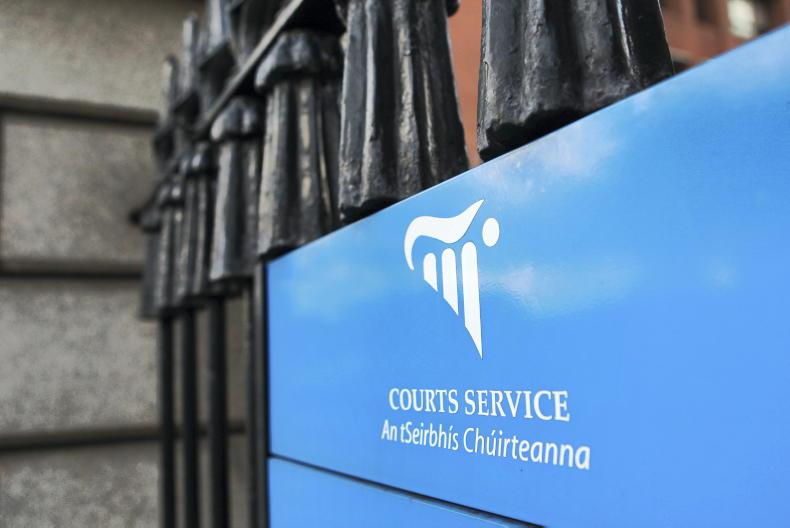
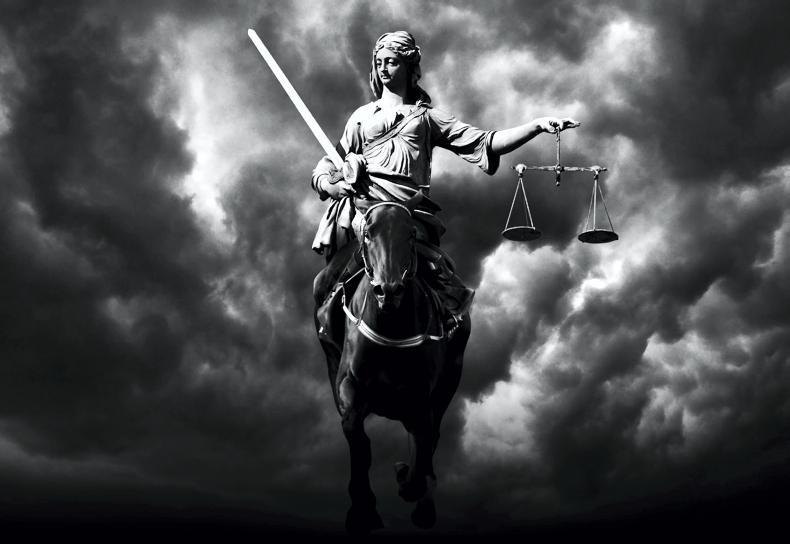

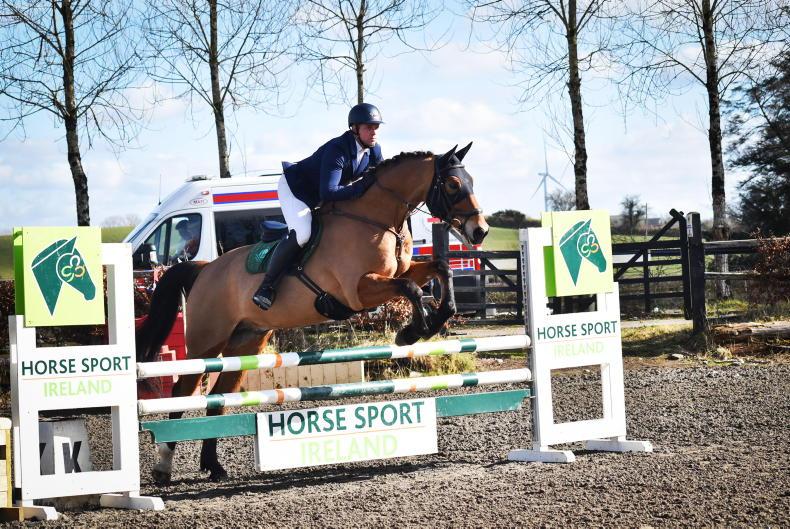
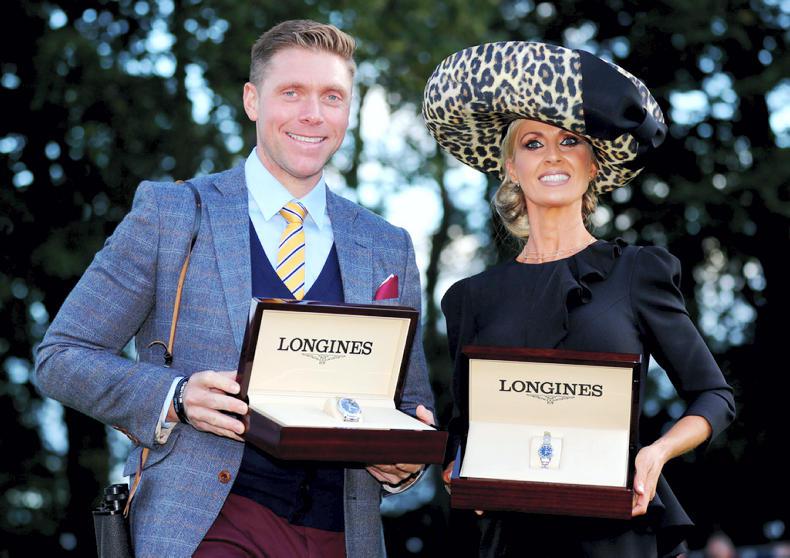

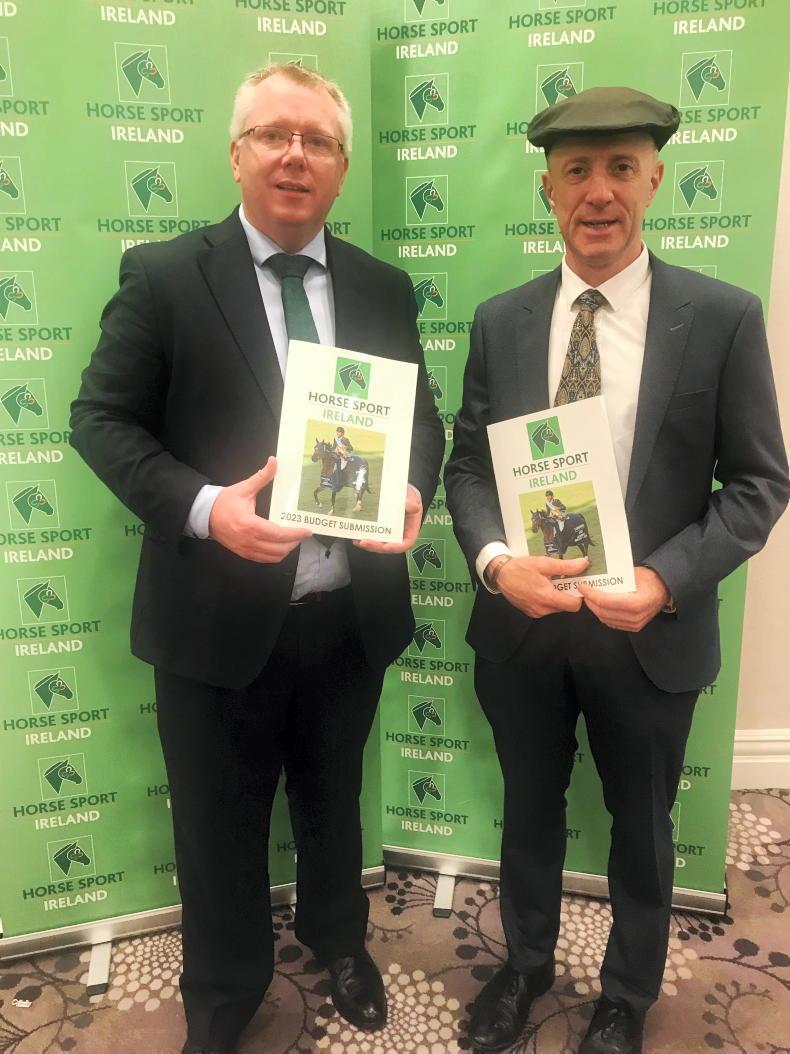
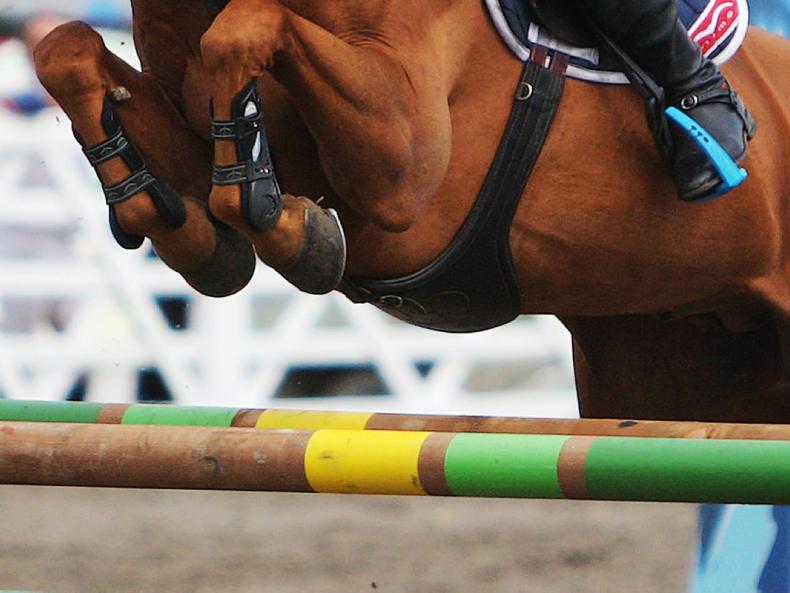
SHARING OPTIONS: